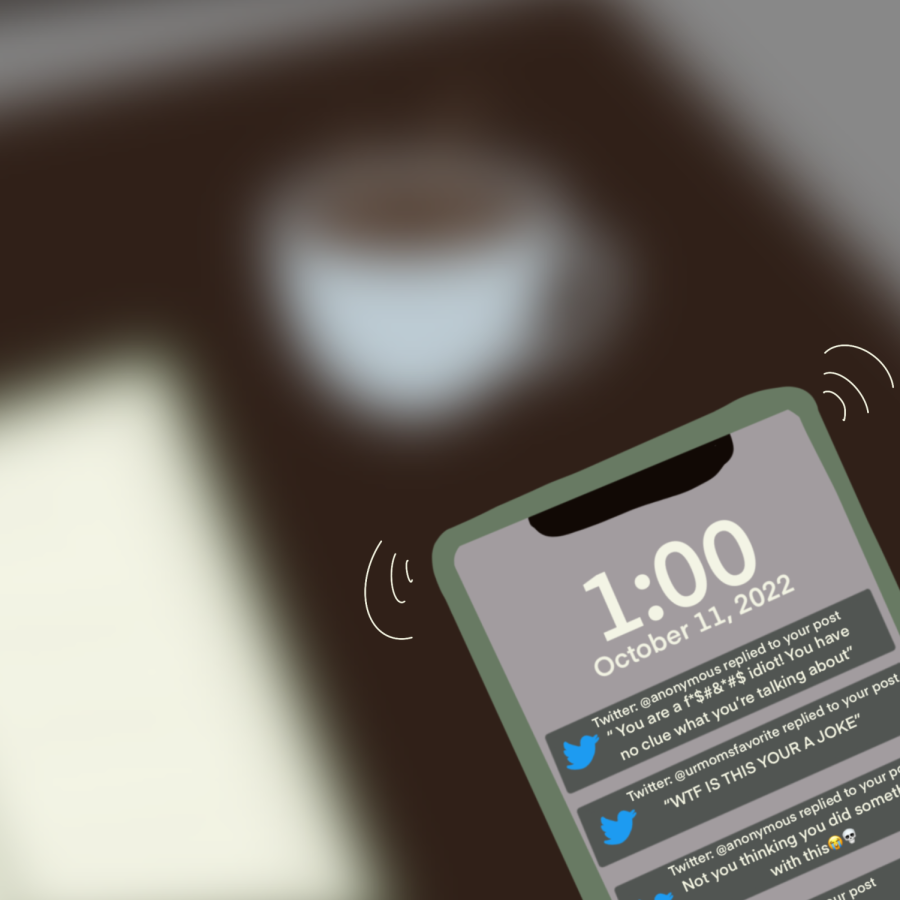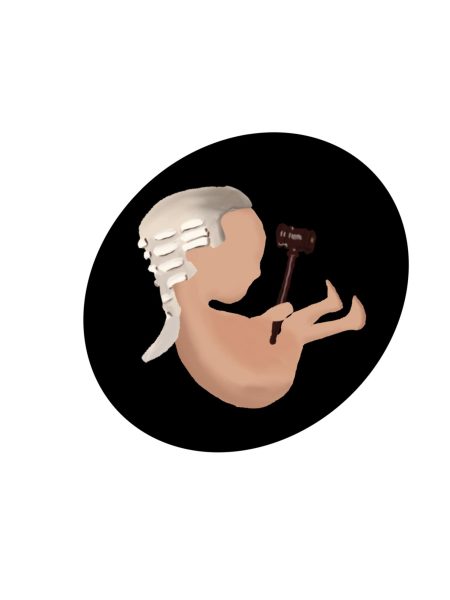Social media ruins social discourse
October 11, 2022
Nowadays, people wake up and scroll through Twitter to gain information as if it is the morning newspaper. The 280 characters in a tweet inform people about a topic that they are often unaware of. If 280 characters are not enough, people create threads to present a cohesive argument or thought on a topic. Arguments and discussions are met in the “replies” section where Twitter users are hostile with each other. If people regularly intake information and opinions from social media, how will they interact with others in-person? Will people hold the same values they do behind the screen as they do in-person?
Earlier this year, the defamation case of Johnny Depp v. Amber Heard was livestreamed. Social media users across every platform tuned in for the seven-week trial and began recording commentaries and conducting analyses. People who did not get a chance to view the extensive trial relied on social media to recap the trial. The trial divided the internet — every social media outlet was flooded with content about the trial, which generated hashtags such as #JohnnyDeppIsInnocent, #AmberHeardIsALiar and #IStandWithAmber.
Biased or not, there were TikToks and tweets dedicated to both sides of the case. The trial unleashed a hate train for both parties, primarily toward Heard. Under every social media post regarding the case, there would be a wave of hate comments. Individuals showed no mercy and made fun of her abuse, appearance and anyone affiliated with Heard. Commenters protected themselves through social media as there was no consequence to their actions, and used this as a tool to berate people for having different perspectives regarding the trial. Arguments and accusations led to individuals being victims of doxxing — where users release personal information, home addresses and phone numbers on social media without the permission of the victims.
When it comes to an in-person discussion, people are either not as brave as they are on social media or cannot hold a civilized conversation. Social media has created a sheltered environment from the real world. Many people believe they will not face the consequences of what they say or share on social media. Furthermore, people enter fight or flight mode when their beliefs are challenged and questioned in-person. Individuals defend their beliefs with aggressive actions and refuse to hear a different perspective on a topic. Since their thoughts are in all caps, filtered with emojis and are limited to 280 characters, people cannot brace themselves for a real conversation. Social media is harming communication within social discourse.













